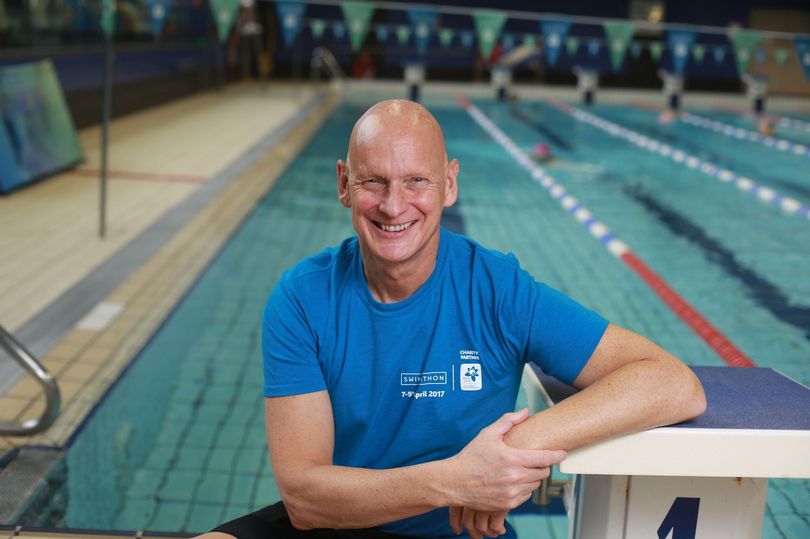Duncan Goodhew: If decision makers got their hair wet occasionally, our swimming pools would still be open

I was saddened to see sport, and the benefits it brings, stopped with the start of a second lockdown.
It has been an immensely difficult year, but if we’ve learnt nothing else, it’s that health matters.
For that reason, I believe any form of exercise that can support health and wellbeing should surely be encouraged to continue.
The coronavirus pandemic is a national emergency and, of course, we must all play our part to reduce transmission.
But surely sport is part of the solution. Maybe the government should be listening more closely to the arguments made.
And I can’t help feeling that if some of those making these difficult shutdown decisions got their hair wet occasionally, our lakes, lidos and swimming pools would still be open.
Swimming’s economic benefits
Taking part in community sport and physical activity does not just have health benefits. In England, it also has a combined economic and social value estimated at over £85bn per year.
For every £1 spent on community sport and physical activity, a return on investment of £3.91 is created for individuals and society.
Sport also prevents physical and mental health conditions to the tune of £9.5bn. That means savings of £5.2bn in healthcare and £1.7bn to social care.
My own sport, swimming, saves the NHS £357m per year.
Before this second lockdown, one in five swimming pools still hadn’t reopened.
Swimming is the most popular sport in the country but if the facilities aren’t open. People can’t continue to enjoy their favourite – and for some, only – meaningful and beneficial form of physical activity.

There is nowhere I feel safer than in the pool. Chlorine kills the virus and pools have put robust measures in place to ensure there is no transmission. Swimmers can turn up in their costumes, use one-way systems and limit numbers in the pool at one time.
Swimming is such an accessible form of activity and has so many positive benefits on both your physical and mental wellbeing, something which is absolutely crucial at this difficult time.
The numbers don’t lie. Sport England’s latest Active Lives survey highlighted that, while lockdown restrictions inevitably lowered the number of people able to go to their local pool, swimming came out on top against other high-profile sports.
The data showed that 2.28m women and 1.68m men were swimming regularly.
Swimathon hits £1m mark
I’ve seen the benefits that swimming brings in my role as president of the Swimathon Foundation. The organisation is a remarkable force for good in UK communities, having raised over £54m for charity over the years.
Swimathon, the UK’s biggest recreational swimming event, was unable to take place in the usual way this year.
But instead, over 18,000 keen and loyal swimmers took part in the virtual MySwimathon challenge raising much needed funds for Cancer Research UK and Marie Curie.
This is outstanding. The community have demonstrated that swimming is important to them, their local pools are important to them and that they are willing to support causes close to their hearts.
I was more than happy to do my bit this year by completing MySwimathon in a rather chilly Serpentine in Hyde Park and I am absolutely thrilled that swimmers taking part in Swimathon 2020 have raised over £1m for a number of incredibly grateful charities.
We know that you can go swimming safely. Pools must be allowed to reopen on 3 December to prevent people all over the country suffering from impacted mental health, increased social isolation, poor physical health and a further reduction in vital fundraising for key charities.
Almost all of us will have had support from a charity in our lifetime. It is crucial that we do all we can to ensure they are not lost because of the pandemic.
Duncan Goodhew MBE is an Olympic gold medal-winning former swimmer and president of Swimathon. For more information about The Swimathon Foundation, visit www.SwimathonFoundation.org.